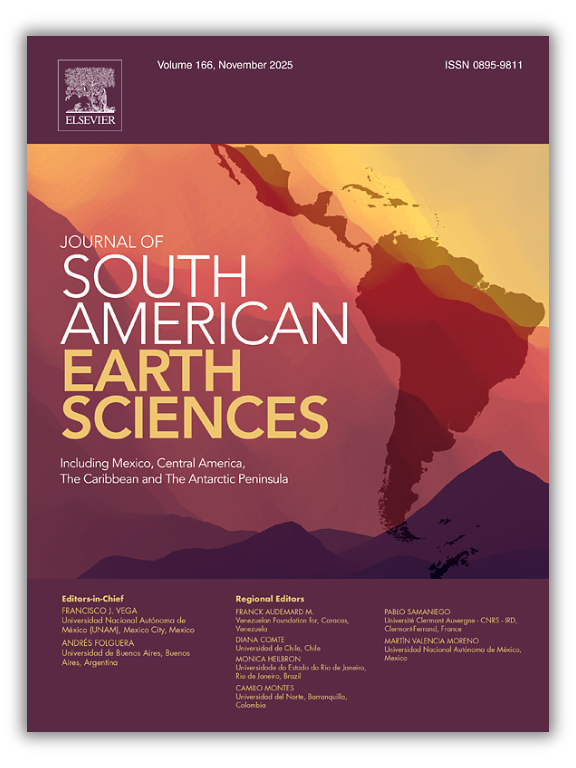We don’t know if it’s the fastest retraction ever, but the speed is nonetheless notable: A journal retracted a paper 22 hours after a sleuth raised concerns about the article.
On August 9 just before noon, John Loadsman, an anesthesiologist and journal editor in Australia, reached out to two journals to notify them of image similarities he had flagged on PubPeer.
Loadsman asked the authors to clarify the “apparent identity” of a figure in a 2023 paper in Experimental Biomedical Research. The figure resembled one in a different paper by the same authors “representing different experimental conditions,” he wrote in his PubPeer comment. The second paper appeared in Wiley’s International Journal of Endocrinology in 2019.
Continue reading Journal issues speedy retraction in less than a day for ‘inadvertent mistake’








